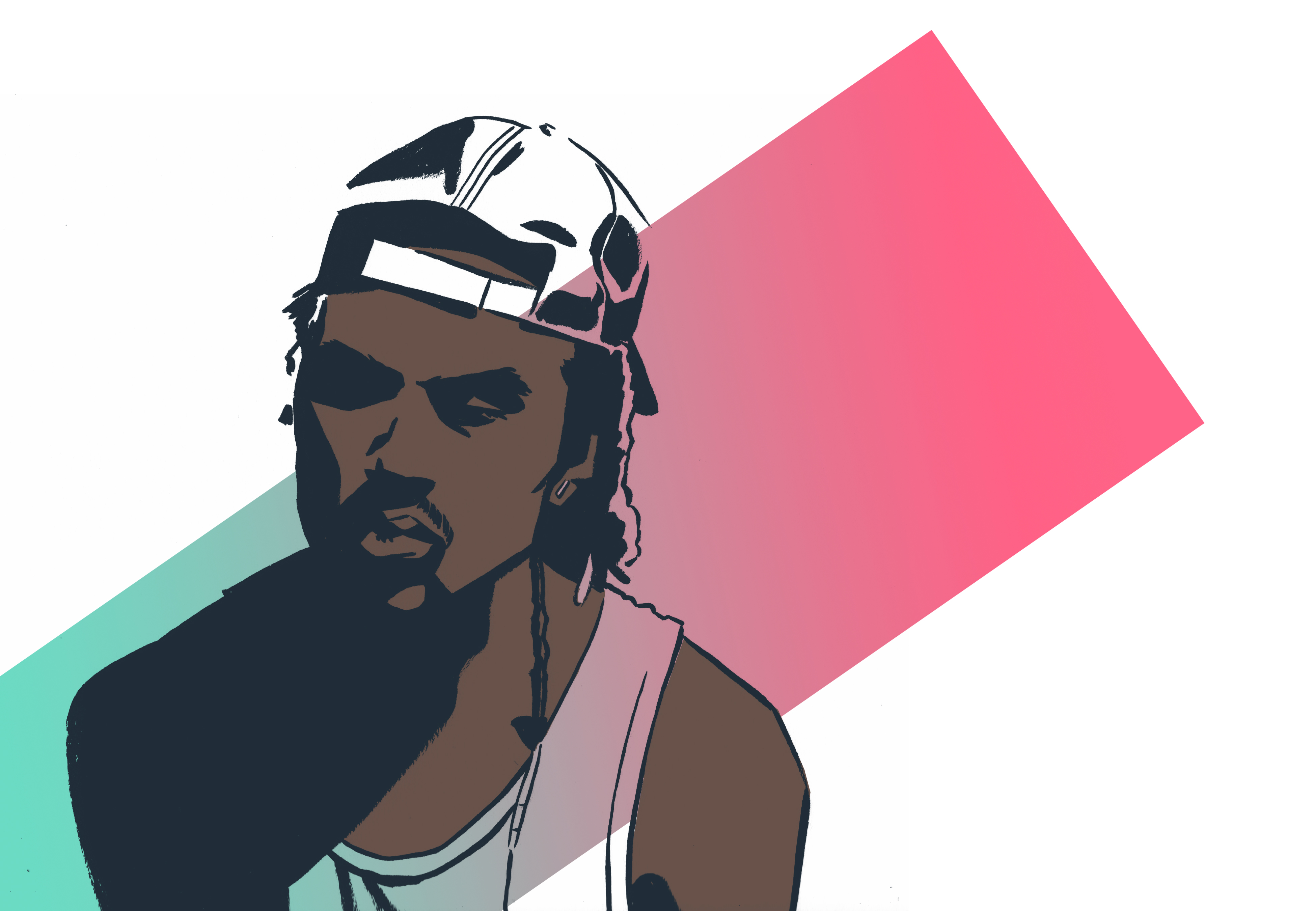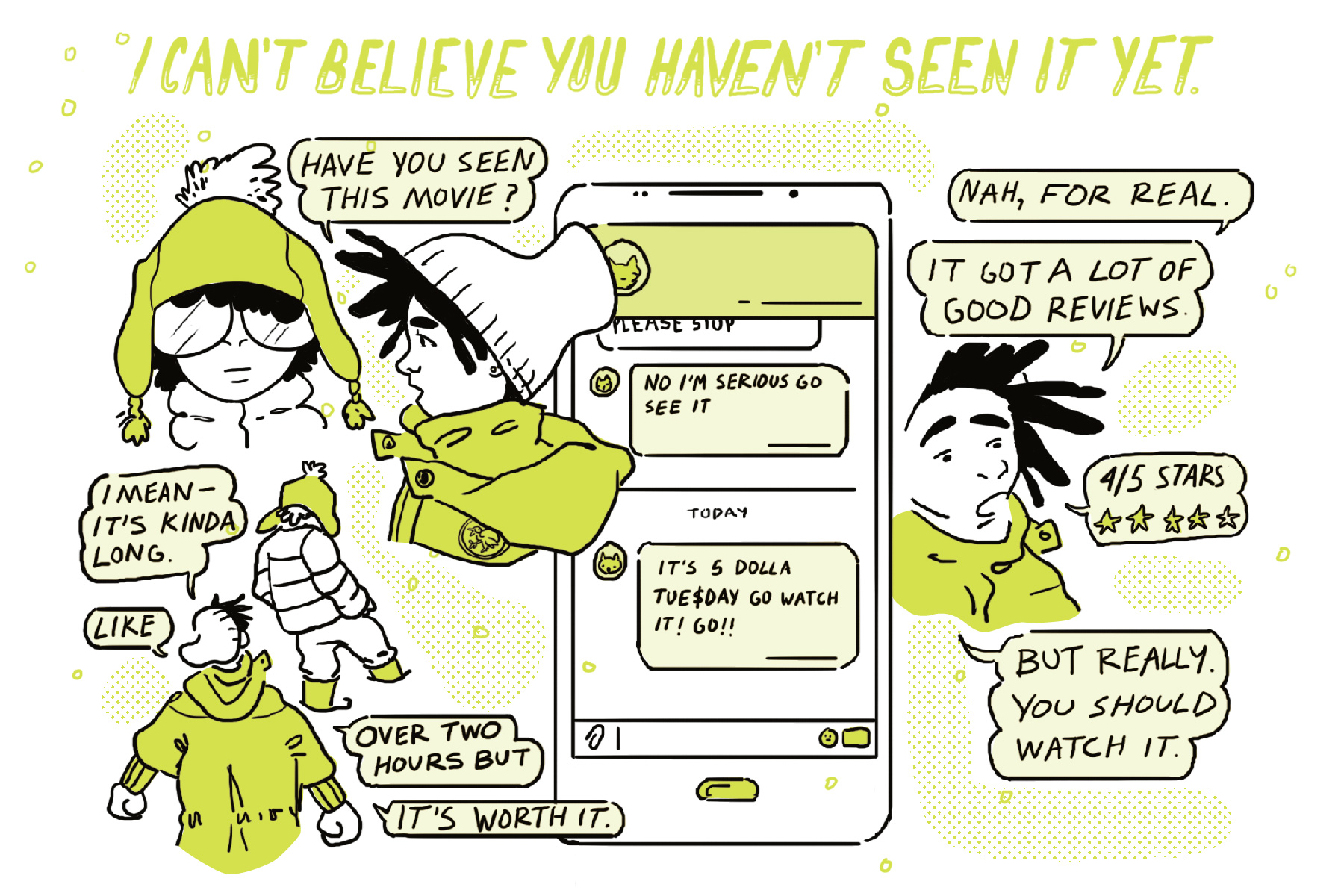
The musician Dev Hynes — who performs under the name Blood Orange — has gotten a very positive reception to his third album, “Freetown Sound.”However, do not be fooled by the nostalgic ‘80s aura and glittery instrumentals that are sprinkled throughout. While Hynes is a style maven, the album is a serious call for listeners to try on the emotions at play in the wake of the insurmountable number of disasters that the world is facing, and to begin to think about what is needed for us to move forward.
The first track opens with a sample of a poem by Atlanta spoken word artist Ashlee Haze: “As a woman in my arena you are not my competition/ as a woman in my arena, your light doesn’t make mine any dimmer.”
Hynes’ thoughtful inclusion of various feminine perspectives throughout the album masterfully utilizes the power of voice. His own voice is often airy and understated in his music. This gesture of burying the vocal, often a technique used by musicians from noisier genres, allows for an intimacy with the listener that makes the pain expressed in the lyrics more urgent.
Language is a major tool within this album. In the infectious single “Augustine,” Hynes closes the song with phrases in Krio — a pidgin language spoken in Sierra Leone — where Hynes’ father is from. The capital city, Freetown, was settled by mostly former slaves and free blacks in North America. They established Freetown as a safety zone away from the prevalent racism in the New World, no matter if they were enslaved or “free.” The album becomes a cry for a new kind of freedom in our world, one that has been here all along but we must choose to accept.
Hynes does, however, put a mirror up to the loneliness of creating this world. In “E.V.P.” he sings, “How could you know/ if you’re squandering your passion for another?/ Do you ever think, boy?/ Or does it just feel better alone?/ Feeling the comfort of sadness in a new set of surroundings.”
His vocal exchanges with Kelsey Lu in “Chance” and Empress Of in “Best to You” set up a tumultuous relationship that runs throughout the course of the narrative. This relationship gets at the idea that even at our most loving, there are the bigger issues of inequality at play that keep us from fully connecting.
Hynes uses this record to find connection in our ghosts; our spiritual mentors. He samples Venus Xtravaganza, one of the stars of “Paris is Burning,” in the track “Desirée.” The song is Hynes’ homage to New York and the era that informed his musical and visual aesthetic.
Throughout the album, he includes the voices of legends not as a symbolic altar, or back-drop, but as the blueprint to a world that has been designed so that many of us will fail. Hynes presents that system in the foreground for the listener to soak in. He does so quite selflessly — unlike in Beyonce’s “Lemonade” — by placing his narrative adjacent to these grander issues.
What feels different about this album as opposed to his other albums, “Cupid Deluxe” and “Coastal Grooves,” is that it rids itself of Hynes’ classic invocation of lust. While there is a great deal of passion in the record, the relationships in these songs are far more complicated and his range of topics has matured.
Hynes is done with the easiness of tropical fantasies, and we all should be as well. He does not try to act like he has all the answers, though. He presents a great deal of uncertainty that keeps our hearts wrenching.
He does, however, give us anthemic hooks that we may choose to celebrate alongside of him: “Chains and all/ all the things that make us bold/ make us bold/ black is gold / rightly so.”
Blood Orange is on tour and Freetown Sound can be downloaded on iTunes.







